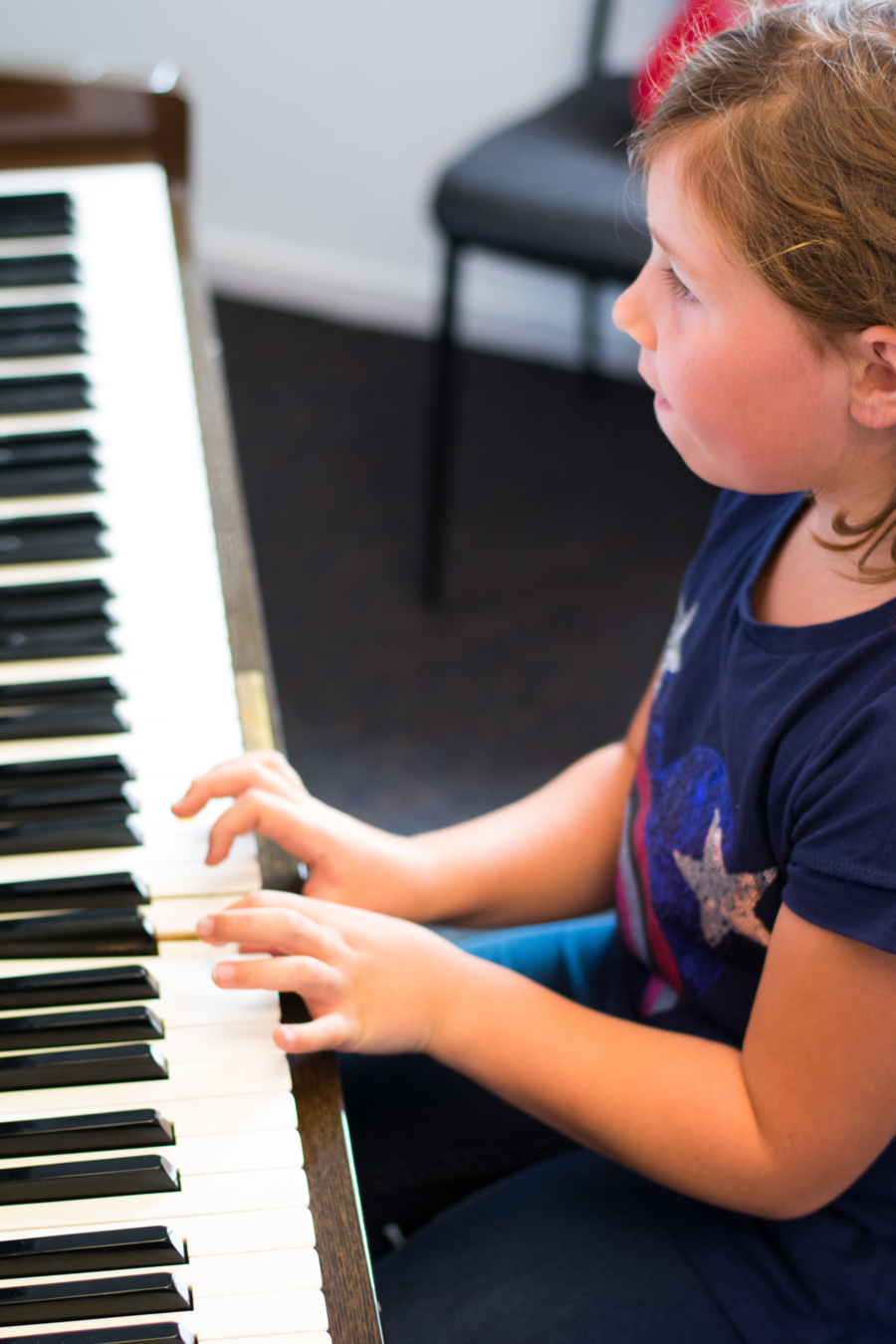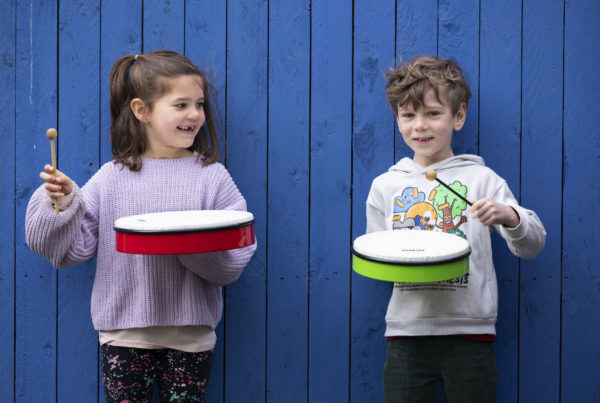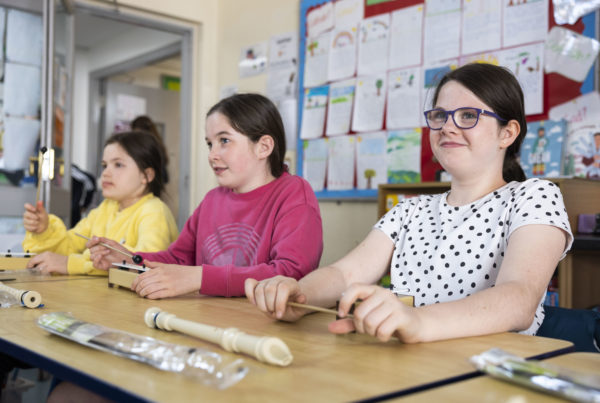In this current climate, we’ve all had to adapt to big changes over the last few weeks! Our music for schools programmes have unfortunately been interrupted due to these changes. With primary, secondary and music schools closed indefinitely, music classes nationwide have unfortunately come to a halt. Worried about losing the skill set you developed this year in your music classes? Don;t worry, because practising and learning from home has never been easier or more accessible! We’re sharing five top tips to bring music for schools to your home. Read on to find out how you can continue to make progress with your practice during the coming months!

Five top tips for at-home practise:
- Keep up your practice routine. While it can be tempting to let your practice slide now that the schools are closed, regular practice is the key to success as a musician. Aim to keep up the same practice routine you had during the year. Sticking to a routine, and scheduling in practise time at the same times every day is the key to success!
- Technology is your friend. With music schools closed, you may be concerned about missing your lessons for a few months. Watch YouTube tutorials, download piano apps, listen to podcasts- any online resource is better that nothing! We have a range of completely free resources on our blog- check them out here.
- Listen to music. Why not explore different genres of music, listening to a couple of new artists every week? Listening to a wide variety of music will help to keep your motivation to practice up, and may even teach you a few new skills.
- Make a plan. Setting both short term and long-term goals can help to focus music practise and having a goal to work towards adds motivation and can increase productivity. Map out a plan for how you will achieve your goals within a set time frame. An example of a short-term goal could be a simple one i.e learn how to play the c major scale. A long-term goal could be to play a full song on your instrument. Keep track of your practise by taking notes on what you need to work on. Worksheets and handouts are really helpful resources and keeping a homework journal can help you to focus on the areas you need to work on.
- Enjoy it. The most important thing when learning and practising an instrument is that you enjoy it, making practise time fun rather than a chore.
Interested in finding out more about the programmes we offer? Contact us here.




